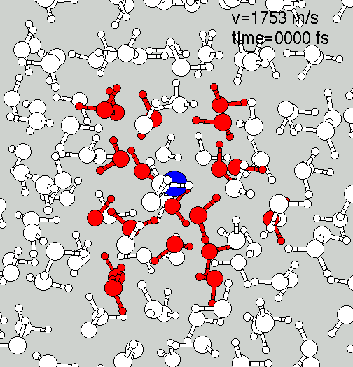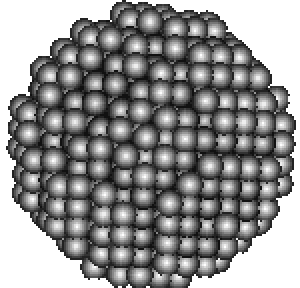

my rearrangements of GIFs posted to dump.fm by blingscience
Good critique of "social media monopolies" by Geert Lovink and Korinna Patelis, posed as a series of rhetorical questions, e.g.:
Social media offer us the virtual worlds we use every day. From Facebook's 'like' button to blogs’ user interface, these tools empower and delimit our interactions. How do we theorize the plethora of social media features? Are they to be understood as mere technical functions, cultural texts, signifiers, affordances, or all these at once? In what ways do design and functionalities influence the content and expressions produced? And how can we map and critique this influence? What are the cultural assumptions embedded in the design of social media sites and what type of users or communities do they produce?
or
Artistic practice provides an important analytical site in the context of the proposed research agenda, as artists are often first to deconstruct the familiar and to facilitate an alternative lens to understand and critique these media. Is there such a thing as a social 'web aesthetics'? It is one thing to criticize Twitter and Facebook for their primitive and bland interface designs. How can we imagine the social in different ways? And how can we design and implement new interfaces to provide more creative freedom to cater to our multiple identities? Also, what is the scope of interventions with social media, such as, for example, the 'dislike button' add-on for Facebook? And what practices are really needed? Isn’t it time, for example, for a Facebook ‘identity correction’?
Am less interested in the purpose of these questions, which seems ultimately to study the feasibility of an academy-based Facebook.
No harm in considering alternatives, though, to what Dave Winer calls the "corporate blog silos."
As for those "artistic" questions, many of them have been mulled over here and elsewhere. Generally our ilk doesn't worry about bland interfaces--they've been called defaults and we actually like 'em. A dislike button for Facebook is trivial poop--a bit like scrawling a caricature of a guard on a prison wall, fine if it makes you feel better.